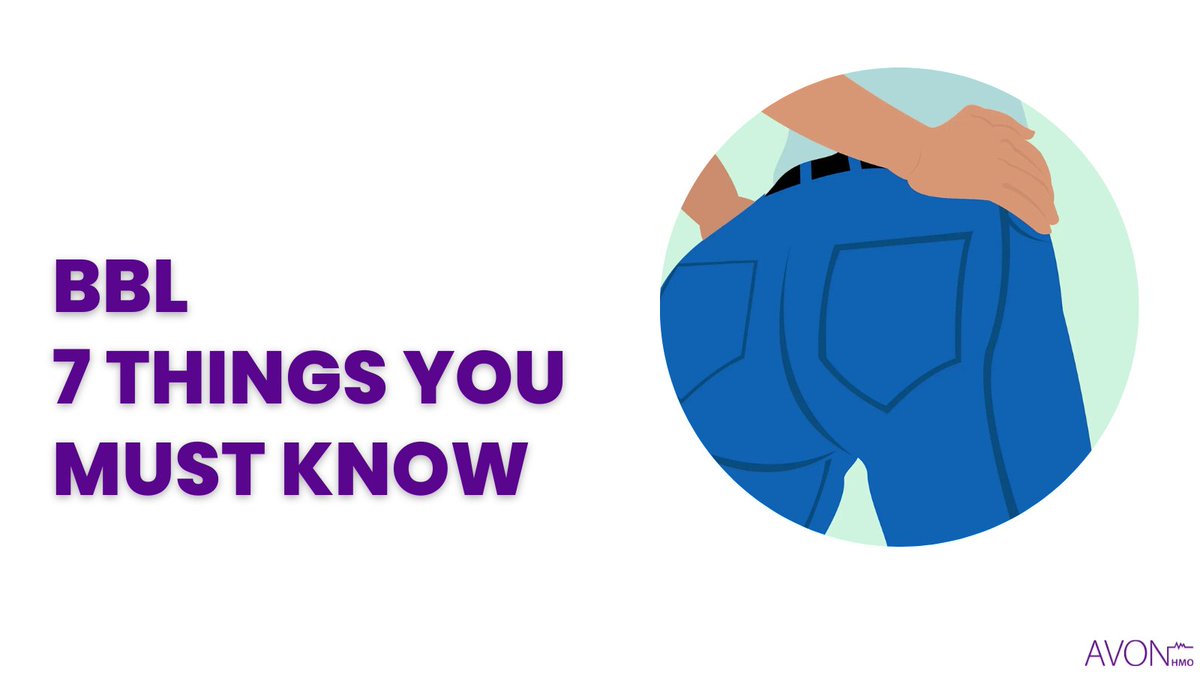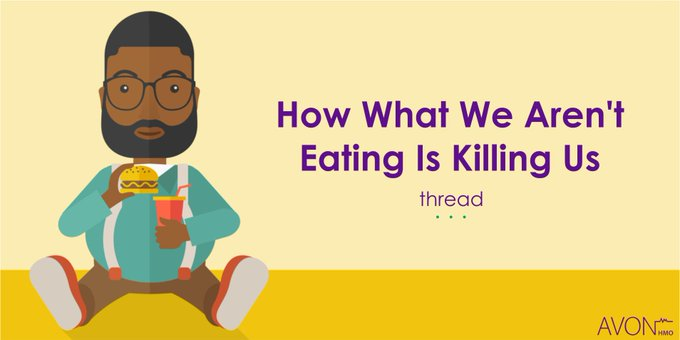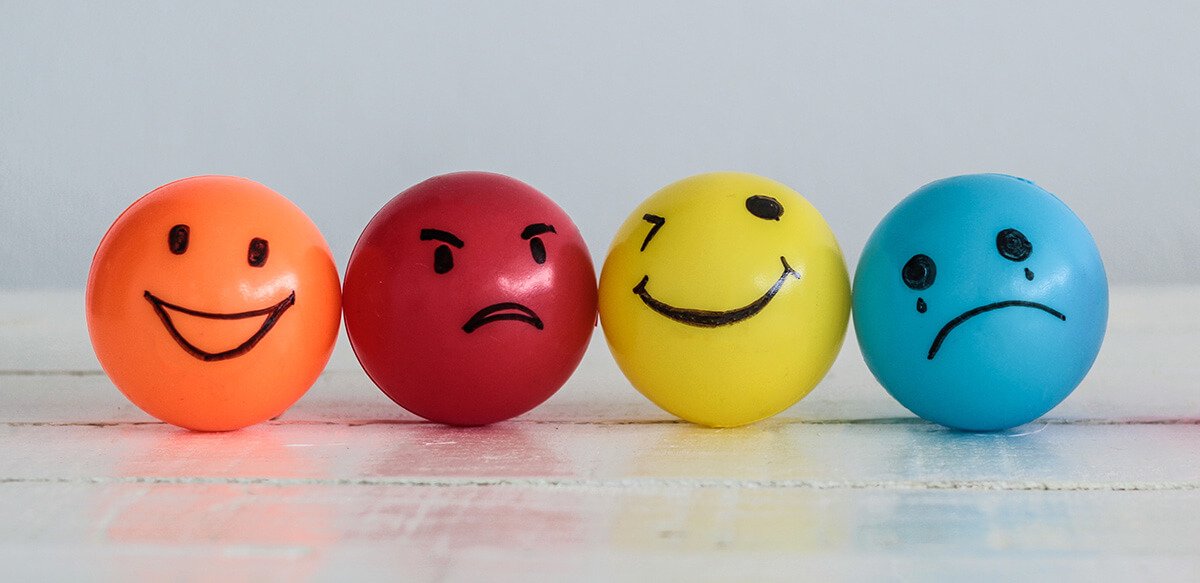It's #SepsisAwarenessMonth.
Sepsis is a condition that kills 11 million people globally out of over 40 million yearly cases so we think it's important to talk about it.
Basically, Sepsis is what happens when your body has an unusually severe response to an infection.
Sepsis is a condition that kills 11 million people globally out of over 40 million yearly cases so we think it's important to talk about it.
Basically, Sepsis is what happens when your body has an unusually severe response to an infection.

During sepsis, your immune system releases a lot of chemicals into your blood. This triggers widespread inflammation that can lead to organ damage or failure.
In severe cases, sepsis causes a dangerous drop in blood pressure. Doctors call this “septic shock.”
In severe cases, sepsis causes a dangerous drop in blood pressure. Doctors call this “septic shock.”
Sepsis Causes and Risk Factors
Bacterial infections are most often to blame for sepsis. But it can also happen because of other infections. It can begin anywhere bacteria, parasites, fungi, or viruses enter your body, even something as small as a hangnail.
Bacterial infections are most often to blame for sepsis. But it can also happen because of other infections. It can begin anywhere bacteria, parasites, fungi, or viruses enter your body, even something as small as a hangnail.
Sepsis is more common and dangerous in:
-Older adults
-Pregnant women
-Children younger than 1
-People who have chronic conditions, such as diabetes, kidney or lung disease, or cancer
-People who have weakened immune systems
-Older adults
-Pregnant women
-Children younger than 1
-People who have chronic conditions, such as diabetes, kidney or lung disease, or cancer
-People who have weakened immune systems
Early treatment of sepsis, usually with antibiotics and large amounts of intravenous fluids, improves chances for survival.
Symptoms of sepsis
To be diagnosed with sepsis, you must have a probable or confirmed infection and all of the following signs:
-Change in mental status
-A systolic blood pressure reading less than 100 mmHg
-Respiratory rate higher than or equal to 22 breaths a minute.
To be diagnosed with sepsis, you must have a probable or confirmed infection and all of the following signs:
-Change in mental status
-A systolic blood pressure reading less than 100 mmHg
-Respiratory rate higher than or equal to 22 breaths a minute.
Symptoms of septic shock
Sepsis can progress to septic shock when certain changes in the circulatory system, the body's cells and how the body uses energy become more abnormal. Septic shock is more likely to cause death than sepsis is.
Sepsis can progress to septic shock when certain changes in the circulatory system, the body's cells and how the body uses energy become more abnormal. Septic shock is more likely to cause death than sepsis is.
To be diagnosed with septic shock, you must have a probable or confirmed infection and both of the following:
- The need for medication to maintain blood pressure greater than 65 mmHg.
- High levels of lactic acid in your blood
- The need for medication to maintain blood pressure greater than 65 mmHg.
- High levels of lactic acid in your blood
When to see a doctor
Most often, sepsis occurs in people who are hospitalized or who have recently been hospitalized. People in the intensive care unit or those who just had surgery are especially vulnerable to developing infections, which can then lead to sepsis.
Most often, sepsis occurs in people who are hospitalized or who have recently been hospitalized. People in the intensive care unit or those who just had surgery are especially vulnerable to developing infections, which can then lead to sepsis.
Complications
Sepsis ranges from less to more severe. As sepsis worsens, blood flow to vital organs, such as your brain, heart and kidneys, becomes impaired. Sepsis can also cause blood clots to form in your organs, leading to varying degrees of organ failure and tissue death.
Sepsis ranges from less to more severe. As sepsis worsens, blood flow to vital organs, such as your brain, heart and kidneys, becomes impaired. Sepsis can also cause blood clots to form in your organs, leading to varying degrees of organ failure and tissue death.
Most people recover from mild sepsis, but the average mortality rate for septic shock is about 40%. Also, an episode of severe sepsis may place you at higher risk of future infections.
Treatment
Early, aggressive treatment boosts your chances of surviving sepsis. People who have sepsis require close monitoring and treatment in a hospital intensive care unit. If you have sepsis or septic shock, lifesaving measures may be needed to stabilize breathing.
Early, aggressive treatment boosts your chances of surviving sepsis. People who have sepsis require close monitoring and treatment in a hospital intensive care unit. If you have sepsis or septic shock, lifesaving measures may be needed to stabilize breathing.
Medications
A number of medications are used in treating sepsis and septic shock include:
-Antibiotics.
-Intravenous fluids.
-Vasopressors (to increase blood pressure).
A number of medications are used in treating sepsis and septic shock include:
-Antibiotics.
-Intravenous fluids.
-Vasopressors (to increase blood pressure).
Supportive care
People who have sepsis often receive supportive care that includes oxygen. Depending on your condition, you may need to have a machine help you breathe. If your kidneys have been affected, you may need to have dialysis.
People who have sepsis often receive supportive care that includes oxygen. Depending on your condition, you may need to have a machine help you breathe. If your kidneys have been affected, you may need to have dialysis.
Surgery
Surgery may be needed to remove sources of infection, such as collections of pus (abscesses), infected tissues or gangrene.
Surgery may be needed to remove sources of infection, such as collections of pus (abscesses), infected tissues or gangrene.
• • •
Missing some Tweet in this thread? You can try to
force a refresh









